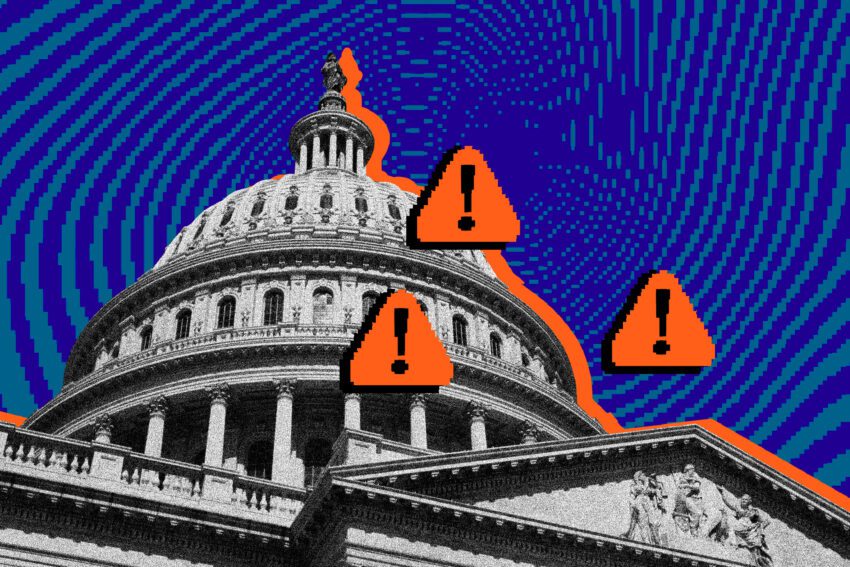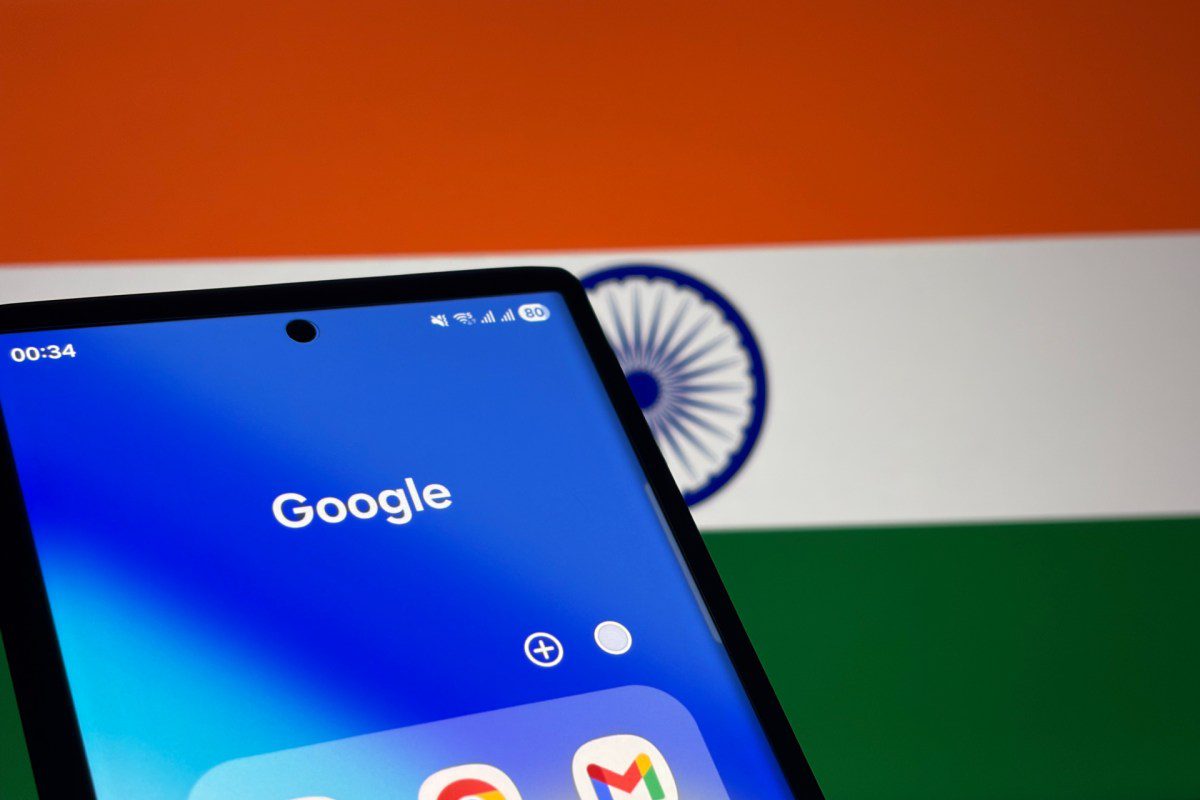
house overhauls kosa in a new kids The House Energy and Commerce Committee has introduced a comprehensive package of 19 bills aimed at enhancing online safety for children, marking a significant moment in the ongoing debate over internet regulations and the responsibilities of technology platforms.
house overhauls kosa in a new kids
Overview of the Kids Online Safety Package
This legislative package is designed to address a range of online threats that children face, including cyberbullying, sextortion, and the dangers associated with purchasing drugs online. The centerpiece of this initiative is the revised Kids Online Safety Act (KOSA), which has garnered considerable attention from advocacy groups, particularly those representing parents of children who have suffered from online harms.
Key Features of the Revised KOSA
The new version of KOSA has undergone significant changes compared to the Senate version that passed with overwhelming support last year. One of the most notable omissions is the “duty of care” provision, which would have held tech companies legally accountable for mitigating various online harms, such as eating disorders and mental health issues. Critics of this provision argued that it could inadvertently limit legal speech, including resources aimed at helping those affected by the very issues KOSA seeks to address.
In place of the duty of care, the revised KOSA introduces a requirement for social media platforms to implement “reasonable policies, practices, and procedures” to combat four specific types of harm:
- Threats of physical violence
- Sexual exploitation and abuse
- Distribution, sale, or use of narcotic drugs, tobacco products, cannabis products, gambling, or alcohol
- Any financial harm caused by deceptive practices
This shift reflects a more nuanced approach, allowing for flexibility based on the scale and complexity of each platform, as well as the technical feasibility of addressing these harms. Additionally, the bill now expands its coverage to include nonprofit platforms, thereby broadening the scope of accountability.
Additional Legislative Measures
Beyond KOSA, the package includes several other significant bills aimed at enhancing online safety for children and teens. These measures reflect a growing recognition of the need for robust protections in an increasingly digital world.
App Store Accountability Act
One of the notable components of the package is the App Store Accountability Act. This federal legislation mirrors state-level initiatives that have already been enacted, requiring age verification at the app store level. The act mandates that app stores transmit age signals to developers, ensuring that age-appropriate content is accessible to users. This measure aims to prevent minors from accessing harmful or inappropriate material and is part of a broader effort to create safer online environments for young users.
Children and Teens’ Online Privacy Protection Act (COPPA 2.0)
Another critical element of the package is the Children and Teens’ Online Privacy Protection Act, often referred to as COPPA 2.0. This updated version raises the age threshold for privacy protections from under 13 to under 17, reflecting the changing dynamics of online engagement among younger users. Additionally, COPPA 2.0 seeks to ban targeted advertising directed at those covered by the bill, further safeguarding the privacy of children and teens in the digital landscape.
Reducing Exploitative Social Media Exposure for Teens (RESET) Act
The RESET Act, currently in discussion draft form, proposes to prohibit social media platforms from allowing any users under the age of 16 to maintain accounts. This measure aims to reduce the exposure of young users to potentially harmful content and interactions, thereby promoting a safer online experience. By limiting access for younger teens, the RESET Act seeks to mitigate risks associated with social media use, including cyberbullying and exposure to inappropriate material.
Political Context and Implications
The introduction of this legislative package represents a significant shift in the House’s approach to online safety, particularly in light of last year’s hesitance to advance KOSA. Despite the Senate’s overwhelming approval of the bill with a vote of 91-3, House Republican leadership, including Speaker Mike Johnson (R-LA) and Majority Leader Steve Scalise (R-LA), expressed concerns regarding the bill’s constitutionality and potential implications for free speech. Critics accused these leaders of being overly influenced by the tech industry, particularly given investments in their home state of Louisiana.
However, the current legislative push indicates that House leadership may be reconsidering its stance on online safety legislation. This renewed focus comes amid growing public concern over the impact of social media and online interactions on children’s mental health and well-being. Advocacy groups have been vocal in their calls for stronger protections, emphasizing the need for legislative action to address the myriad risks that children face in the digital realm.
Stakeholder Reactions
The response to the proposed package has been mixed, reflecting the complexities of balancing online safety with free speech rights. Advocacy groups representing parents and children have largely welcomed the initiative, viewing it as a necessary step toward protecting vulnerable users. These organizations have highlighted the urgent need for comprehensive measures to combat online harms, particularly in light of tragic incidents involving children and teens.
On the other hand, critics of the revised KOSA and other bills have raised concerns about the potential for overreach and unintended consequences. Some argue that the absence of the duty of care provision may dilute the effectiveness of the legislation, while others worry that the new requirements could stifle innovation and limit the availability of valuable resources aimed at helping young users navigate online challenges.
Future Prospects
As the House subcommittee on commerce prepares to consider the bills during a hearing, the future of the kids online safety package remains uncertain. While the renewed focus on online safety is a positive development, the significant changes made to KOSA and other bills indicate that the path to enactment may be fraught with challenges.
Lawmakers will need to navigate a complex landscape of competing interests, balancing the need for robust protections with the rights of individuals and the operational realities of technology platforms. The ongoing debate over online safety legislation underscores the broader societal conversation about the role of technology in our lives and the responsibilities of those who create and manage digital spaces.
Conclusion
The House Energy and Commerce Committee’s introduction of a comprehensive kids online safety package marks a pivotal moment in the ongoing discourse surrounding internet regulations. With a focus on addressing the myriad threats that children face online, the proposed measures reflect a growing recognition of the need for enhanced protections in an increasingly digital world. As lawmakers prepare to deliberate on these bills, the implications for children, parents, and technology platforms will be closely watched, with the potential for significant changes in the landscape of online safety.
Source: Original report
Was this helpful?
Last Modified: November 26, 2025 at 4:38 am
4 views















